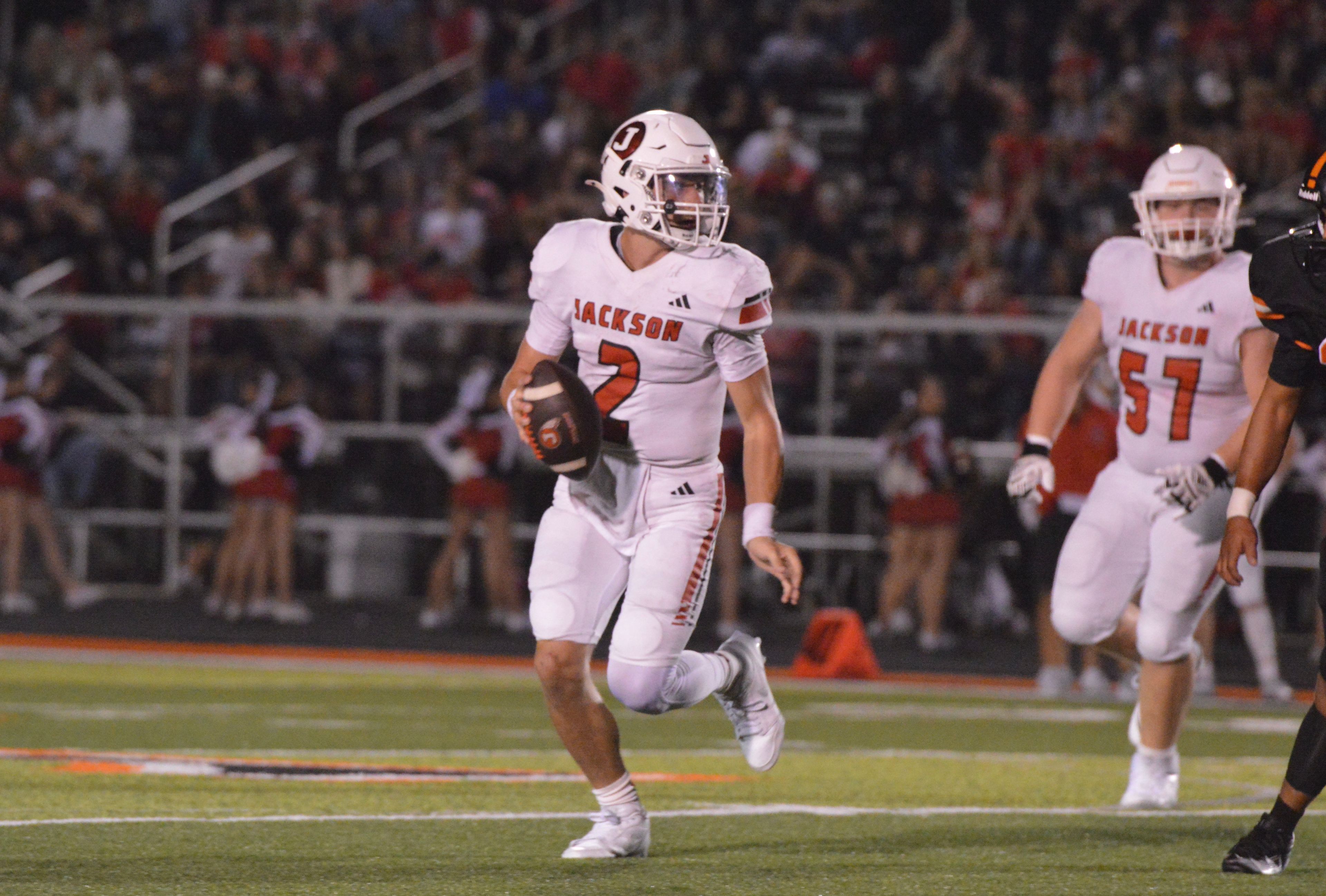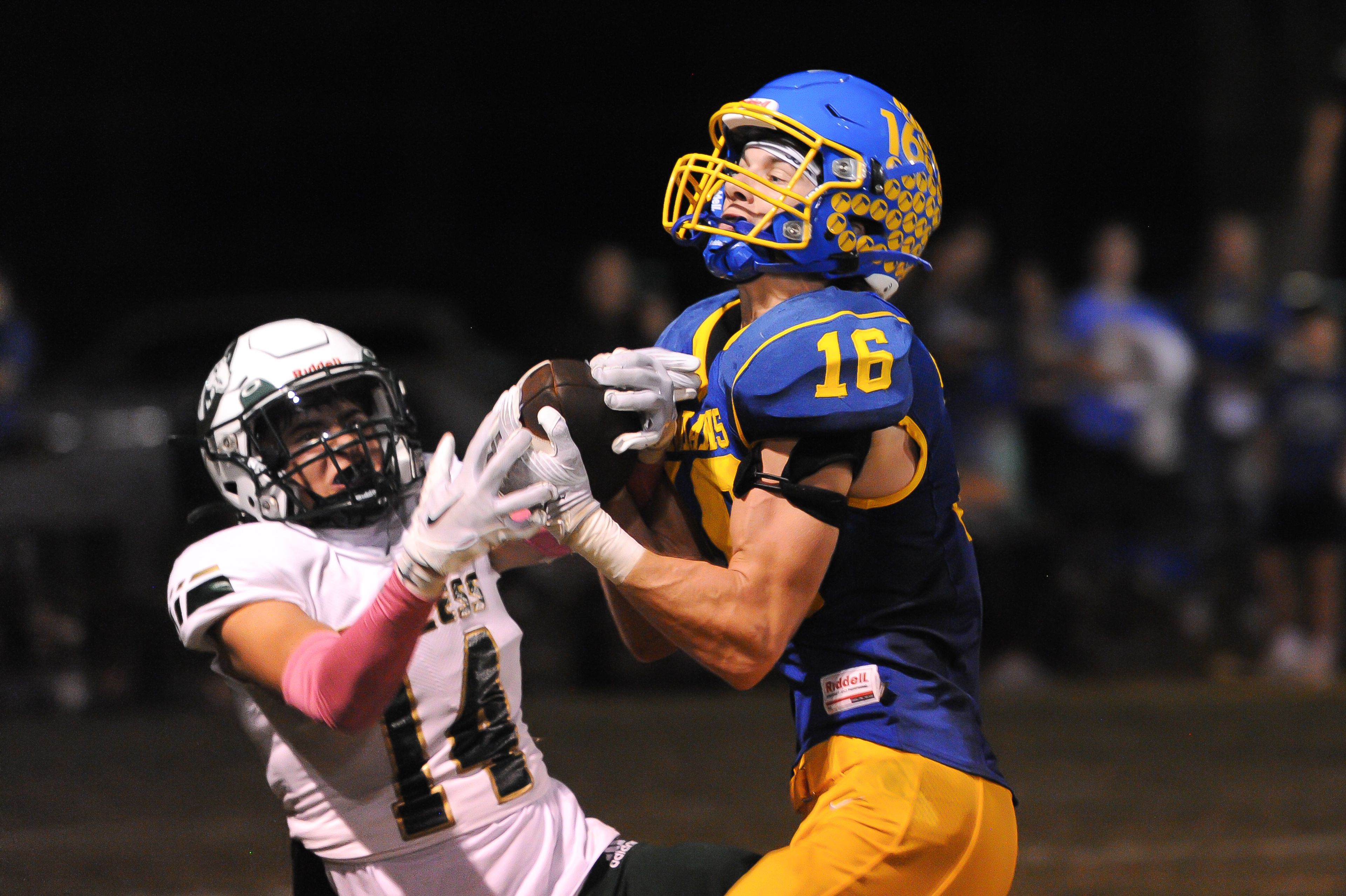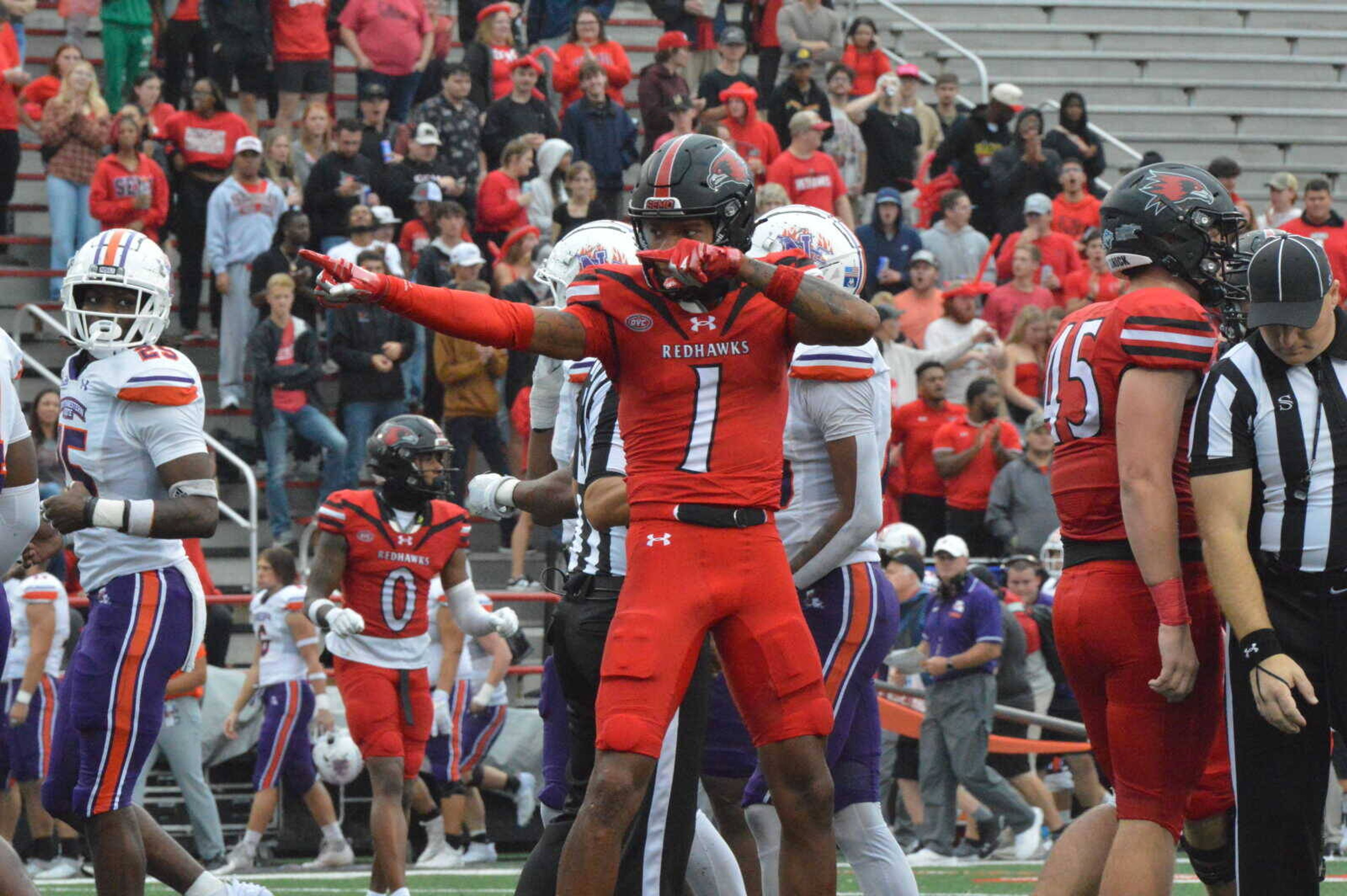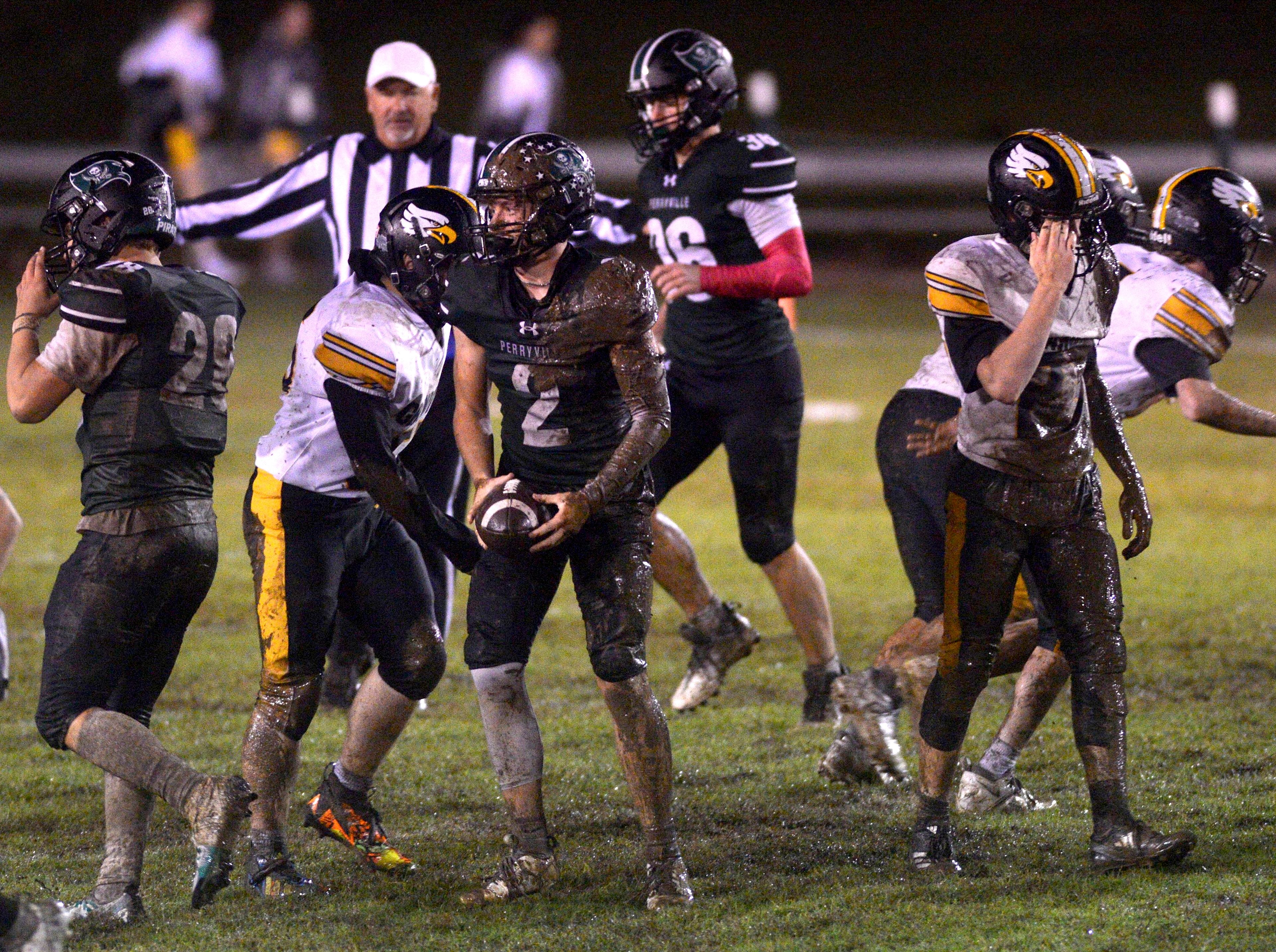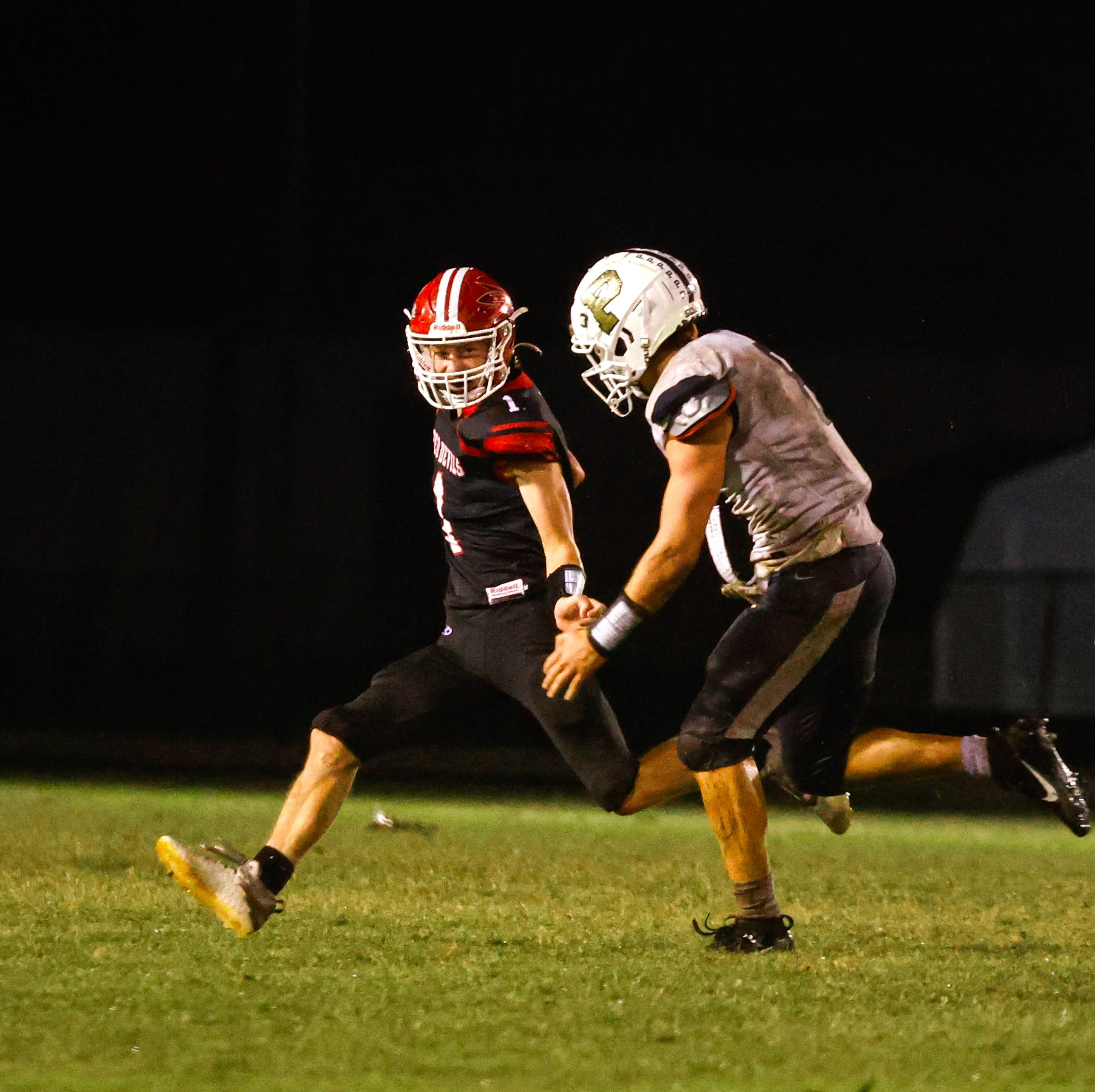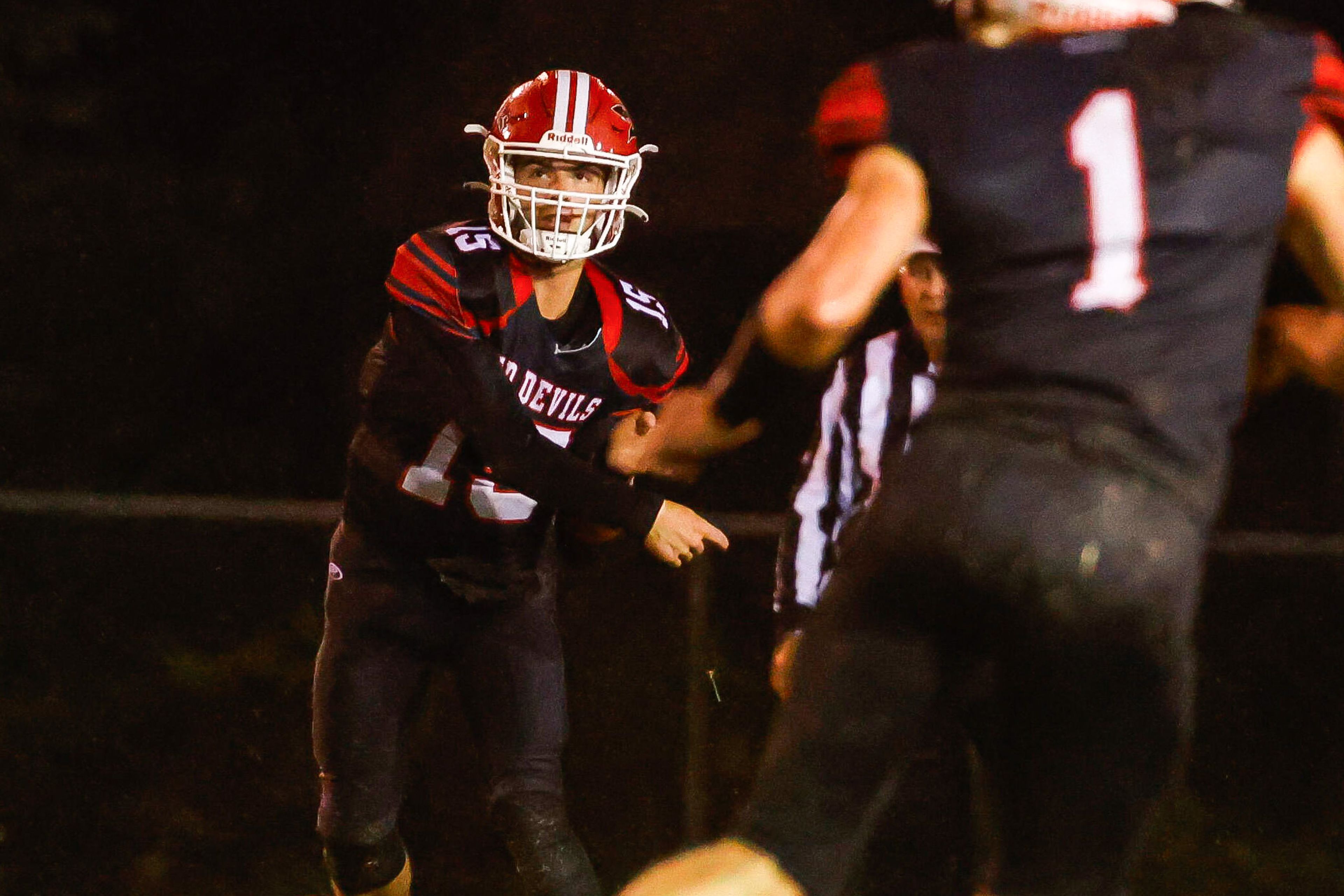The actions of a few public high schools in northwest Missouri have gotten the attention of more than a few coaches in southeast Missouri by leading an effort to separate state championships for public and non-public schools in seven sports.
Area coaches -- both for, and against this proposal -- voiced their opinions recently when contacted about the petition sent to them from the group leading the proposed changes.
Those in favor of the split say non-public schools, consisting of both private and parochial schools, are not playing on a level playing field with public schools because non-public schools have larger attendance areas from which to acquire players and can provide financial aid for student-athletes to attend their schools.
Derek McCord, boys' basketball coach at Scott City, supports the petition.
"Something needs to be done because private schools no doubt have an advantage," McCord said. "It's getting to the point where private schools will dominate."
McCord and his boys' basketball team got a good look at how dominating a non-public school can be when the Rams faced Cardinal Ritter in the state playoffs last year. Cardinal Ritter, a private school out of St. Louis, crushed the Rams 86-48 in a 2A quarterfinal.
Ritter, featuring current Division I-A players Loren Woods (Wake Forest) and Chris Carrawell (Duke), went on to win the 2A state title for the second year in a row. But currently Cardinal Ritter has been under investigation for alleged violations concerning athletes.
Chris Janet, athletic director and boys' basketball coach at Notre Dame High School, the only Catholic high school in Cape County, said the main reason changes are being proposed are because of the actions of a few private schools in metropolitan areas.
"The group proposing this is mainly concerned about three schools," Janet said, noting three high schools in the Kansas City area. "That's three schools out of 566 and if you add one or two in St. Louis then you're looking at maybe five or six schools that are creating the problem."
Depending on what numbers you're looking at, a case can be made for both points of view. For example, in 1A boys' basketball, the percentage of district winners (4.7) and state final four qualifiers (6.3) is below the percentage of non-public teams in that classification (7).
But in 3A boys' basketball, the percentage of district winners (17) and state qualifiers (15.6) is above the percentage of teams in that school class (12).
Janet, a state member of the ADHOC Committee on Public-Non-Public School Relations, agreed that the "mysterious" actions of a few metropolitan private schools have led to a perceived advantage for all non-public schools.
"I don't want to get into throwing stones at too many individual schools, but I think that's the issue," Janet said. "We have some people in an uproar because of schools like Cardinal Ritter and Pembroke Hill (Kansas City). They both happen to be 2A schools that have dominated high school basketball recently."
The leaders wanting the state title split have sent petitions to 566 high schools in the Missouri State High School Activities Association in an attempt hold separate public and non-public state championships.
Of the 566 petitions, the group needs only 56 signatures by March 15 to place the proposal on the MSHSAA spring ballot. If the required signatures are attained, the proposal will go on the MSHSAA ballot during the second week of April needing only a simple majority vote of the schools that choose to participate in the ballot for passage.
If that happens, starting with the 1998-99 school year, seven high school sports would be affected by the change including football, basketball, baseball, wrestling, volleyball, softball and track and field. Soccer and tennis would not be affected by the proposed change.
Rather than see the whole state championship format revised, the "public/non-public" committee Janet is a part of, has recommended several proposals in an attempt to alleviate the perceived "unfair advantage" non-public schools have.
One proposal already on the spring ballot is a revision of non-public schools' geographic attendance area. Currently, non-public schools can draw players from a 40-mile radius. The new proposal restricts that zone to a 25-mile radius.
Oran athletic director Mitch Wood, a supporter of title separation, said the geographic zone non-public schools are allowed to draw athletes from is the biggest issue to him.
"Public schools have a small district from which to pull players from," Wood said. "I think it's unfair the mass area private schools can draw from.
"If you spread our area out 40 miles, and allow us to get players from Jackson and Cape, we might be pretty competitive too."
Janet realizes the 15-mile change isn't the sole answer to the problems faced in high school athletics. But together with other proposals, such as investigative committees and one-year waiting periods for certain transfers, it would be a start to correcting the problems.
"The 25-mile radius is going to be more restrictive to the metropolitan schools," said Janet. "It's not super-restrictive by any means but it is going to restrict them somewhat."
Another argument of public schools looking for separate titles is that non-public schools can provide financial support to students. A practice that can lead to unscrupulous actions when dealing with talented athletes.
Notre Dame's policy on financial aid is if you want to play sports at the school, financial support will not be provided. Janet said the school doesn't want to be put in a situation that may look bad by assisting a star athlete financially through the school.
"A lot of schools give financial aid to athletes," Janet pointed out. "At Notre Dame we do not give financial aid to an athlete -- period. That's not a state law, that's our own rule."
As far as investigative committees, made up of selected school officials in the respective state districts policing the eight districts in the state, Wood likes the idea but with reservations.
"I think it would be a great idea if you get the right people on the committee," said Wood. "If you get the wrong people in there, it's not worth much."
McCord doesn't think investigative committees are the answer, saying it would be "too difficult to police."
All three coaches said there really is no easy answer to the "public/non-public" issue. Besides, it seems to be one of many problems facing high school athletics.
"For me to say it's not going on in public schools I'd be lying," said Wood. "The same stuff is going on in public schools as far as getting players that should not be there."
Janet agrees the rift between public and non-public schools is not the only issue facing high school athletics, pointing out desegregation as a complaint of larger schools and also the matter of religious choice.
"It's not the only issue," said Janet. "There's not a quick-fix answer to this thing. It's a delicate issue.
"People need to remember you can't go to a high school for athletic reasons."
Connect with the Southeast Missourian Newsroom:
For corrections to this story or other insights for the editor, click here. To submit a letter to the editor, click here. To learn about the Southeast Missourian’s AI Policy, click here.
